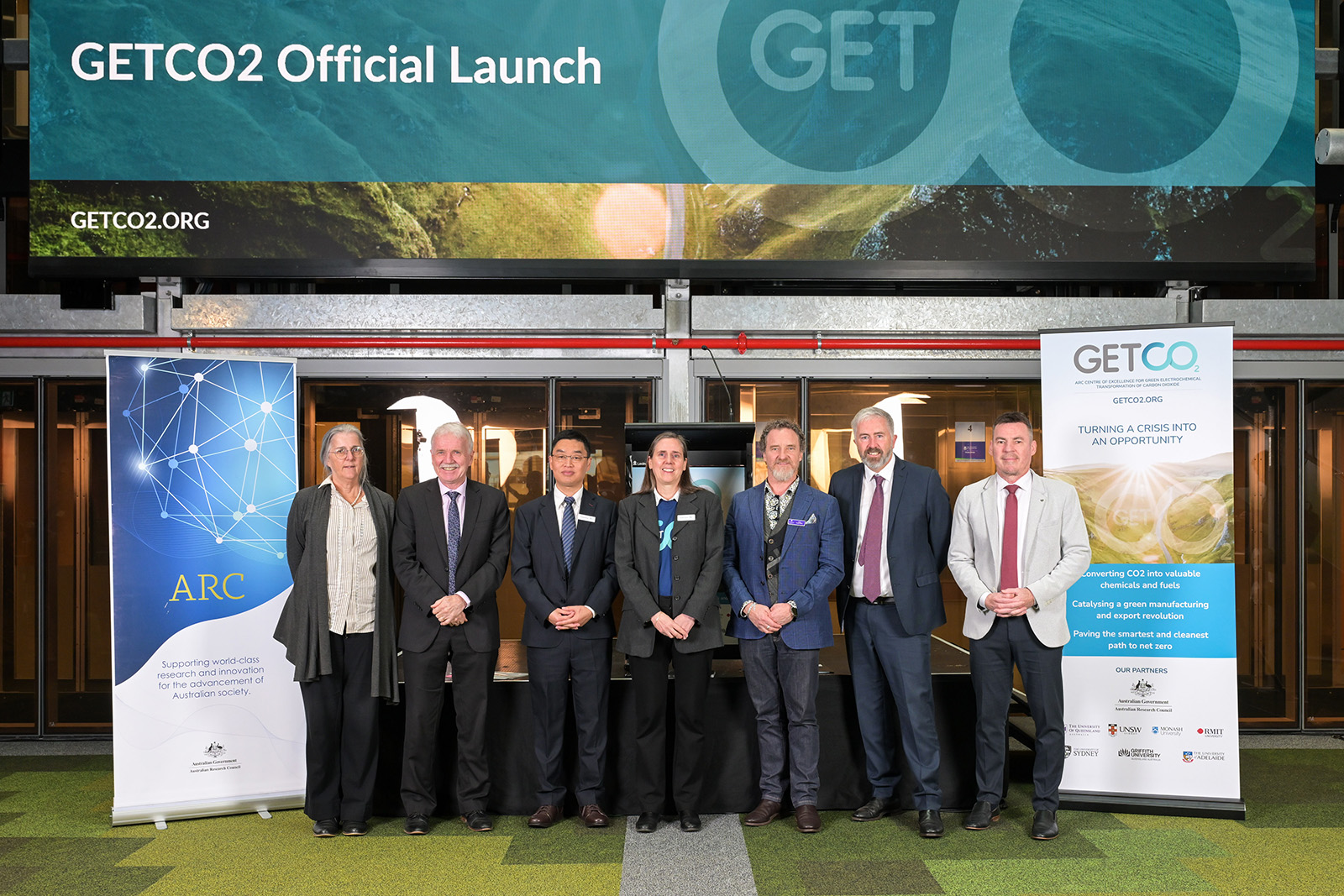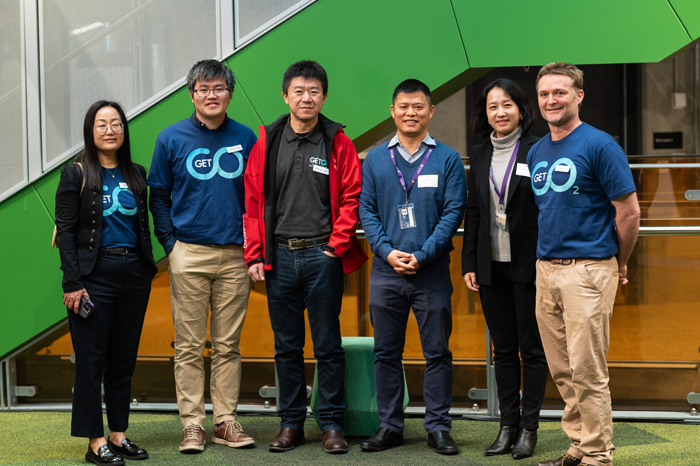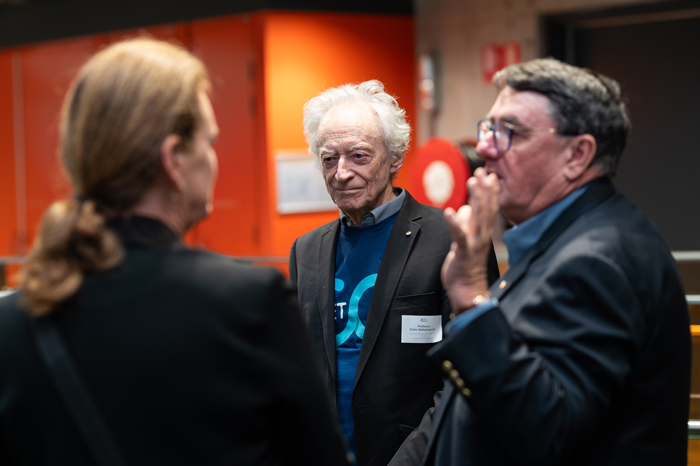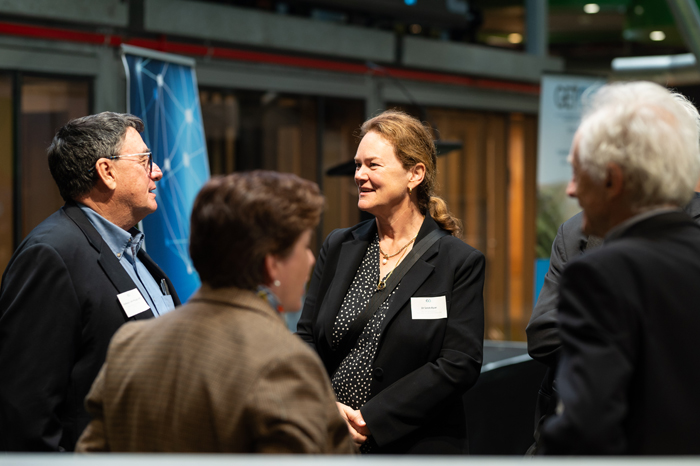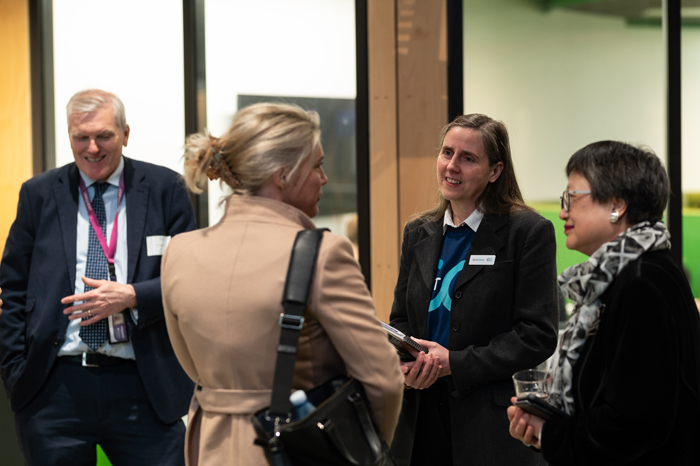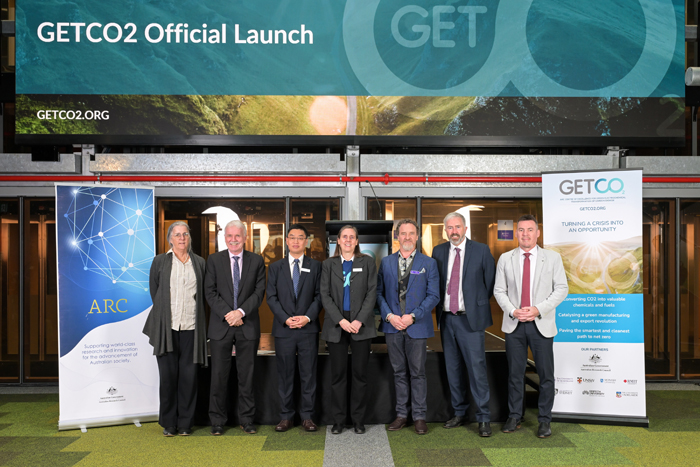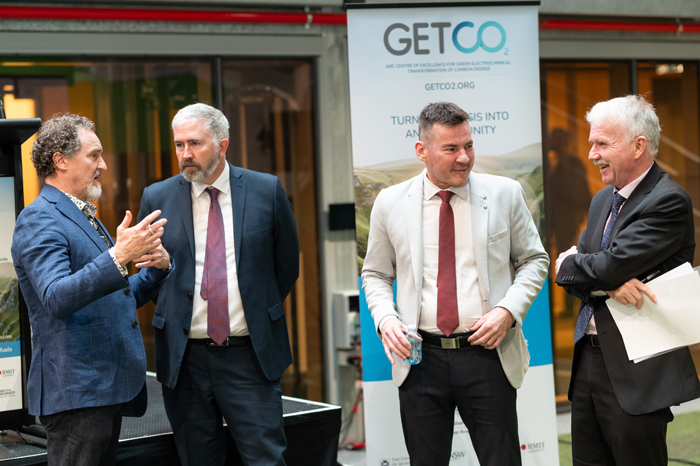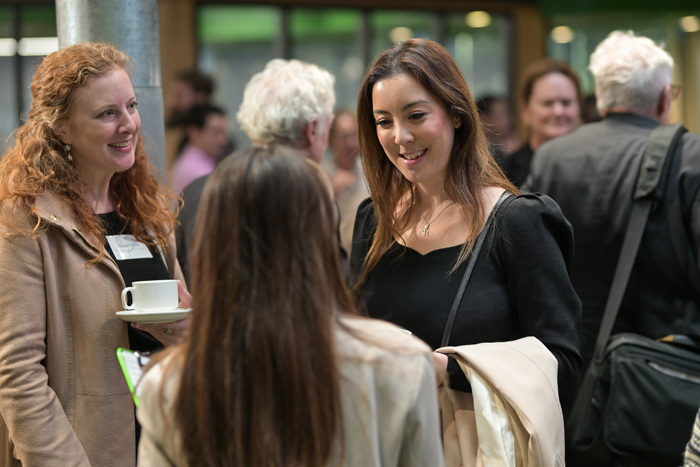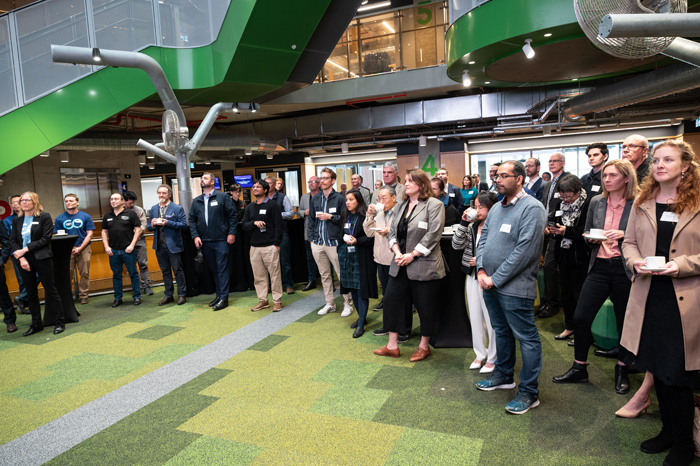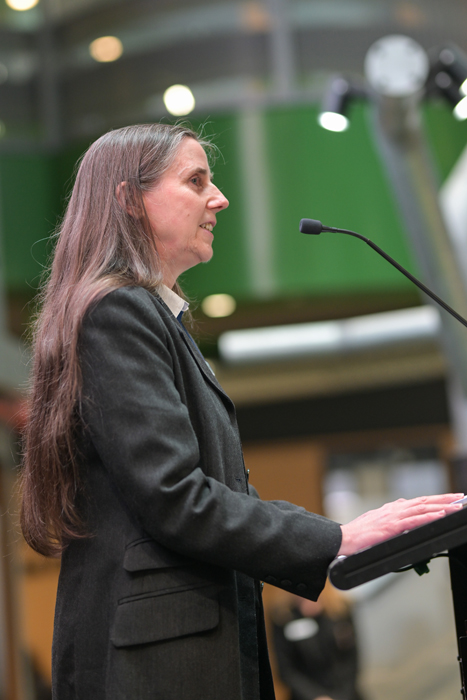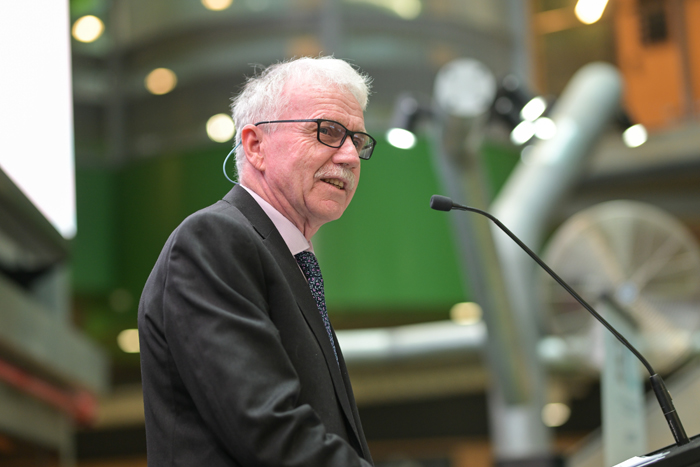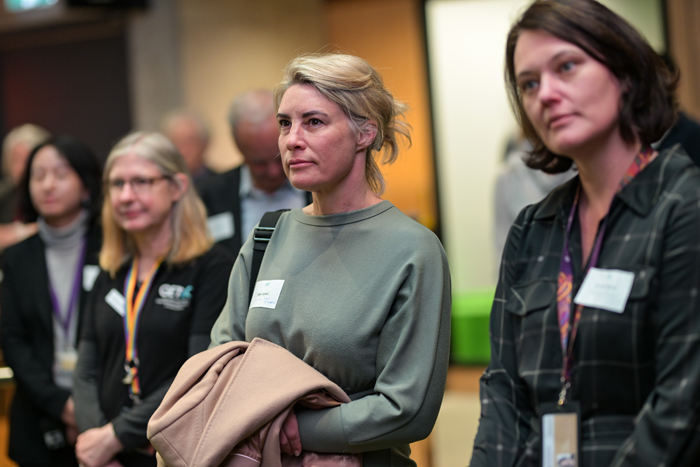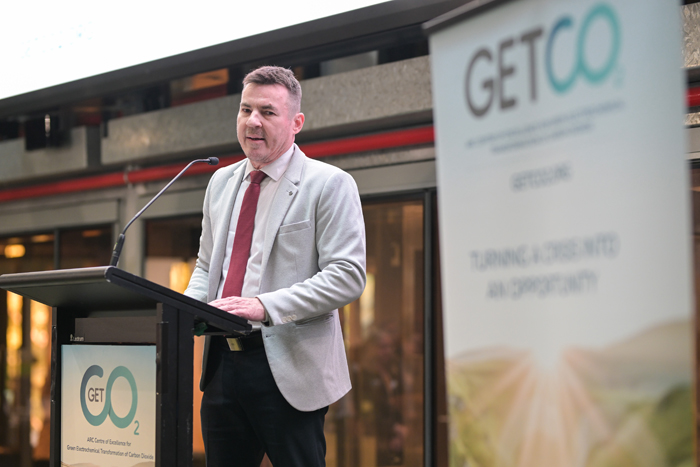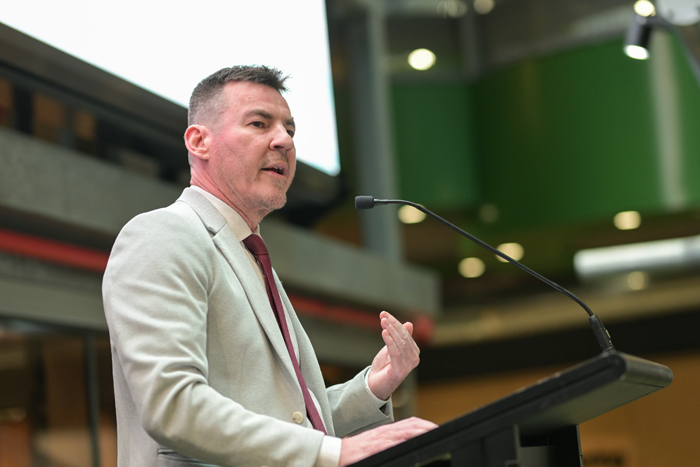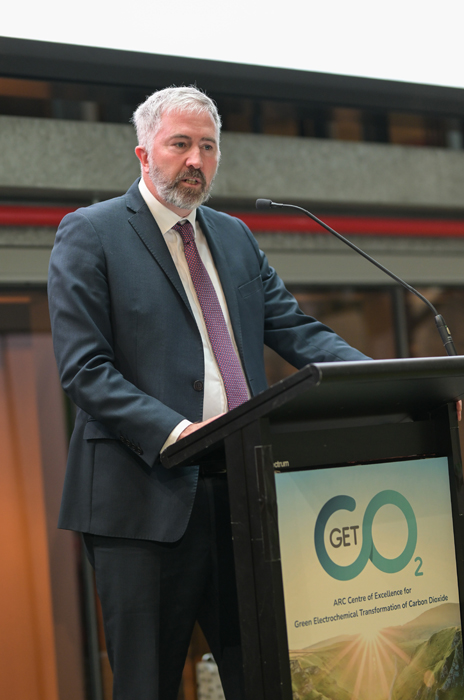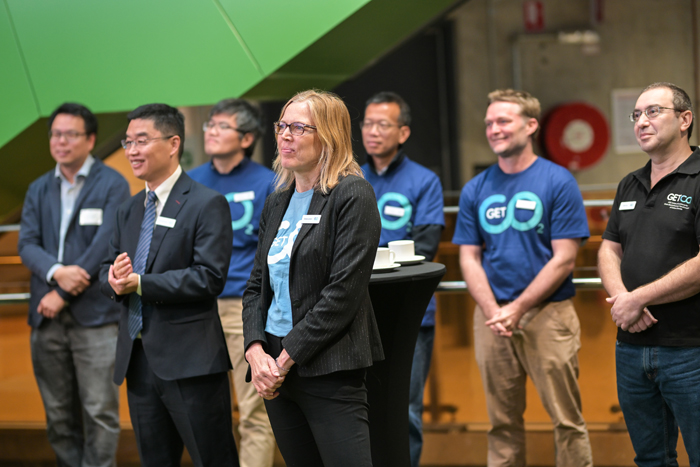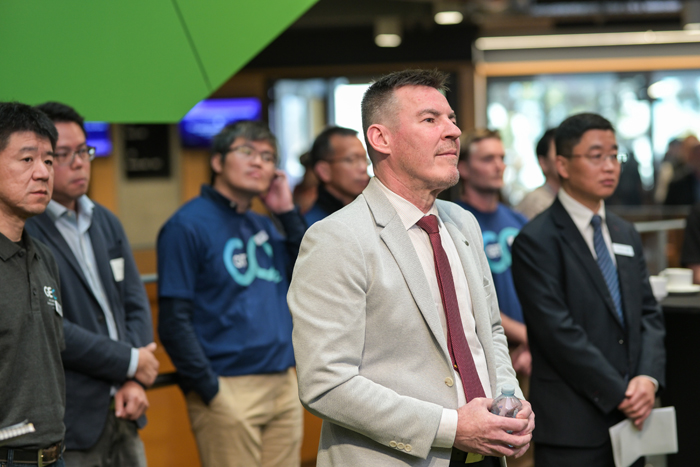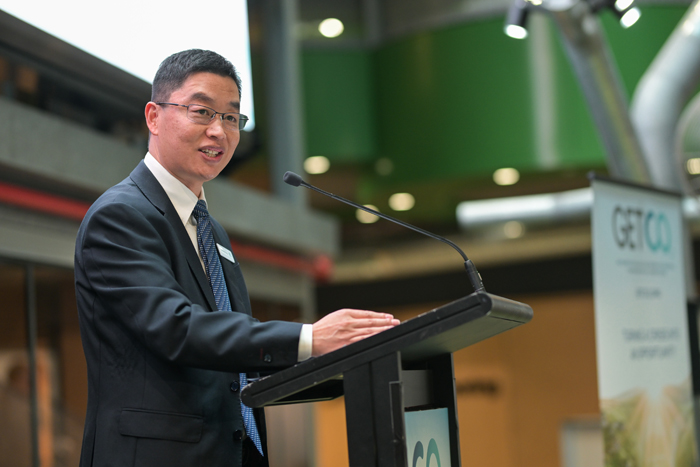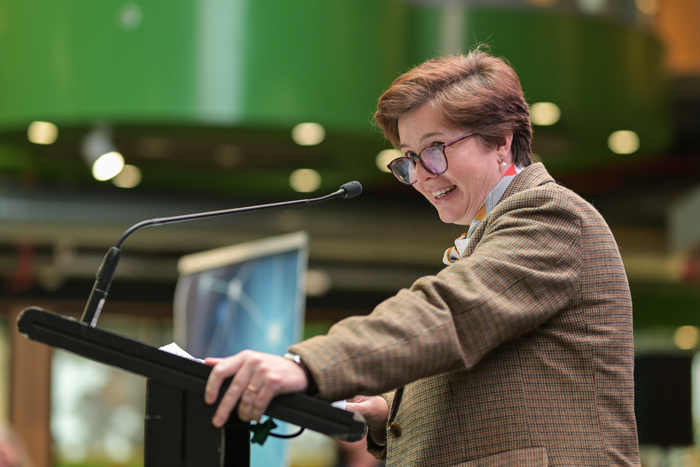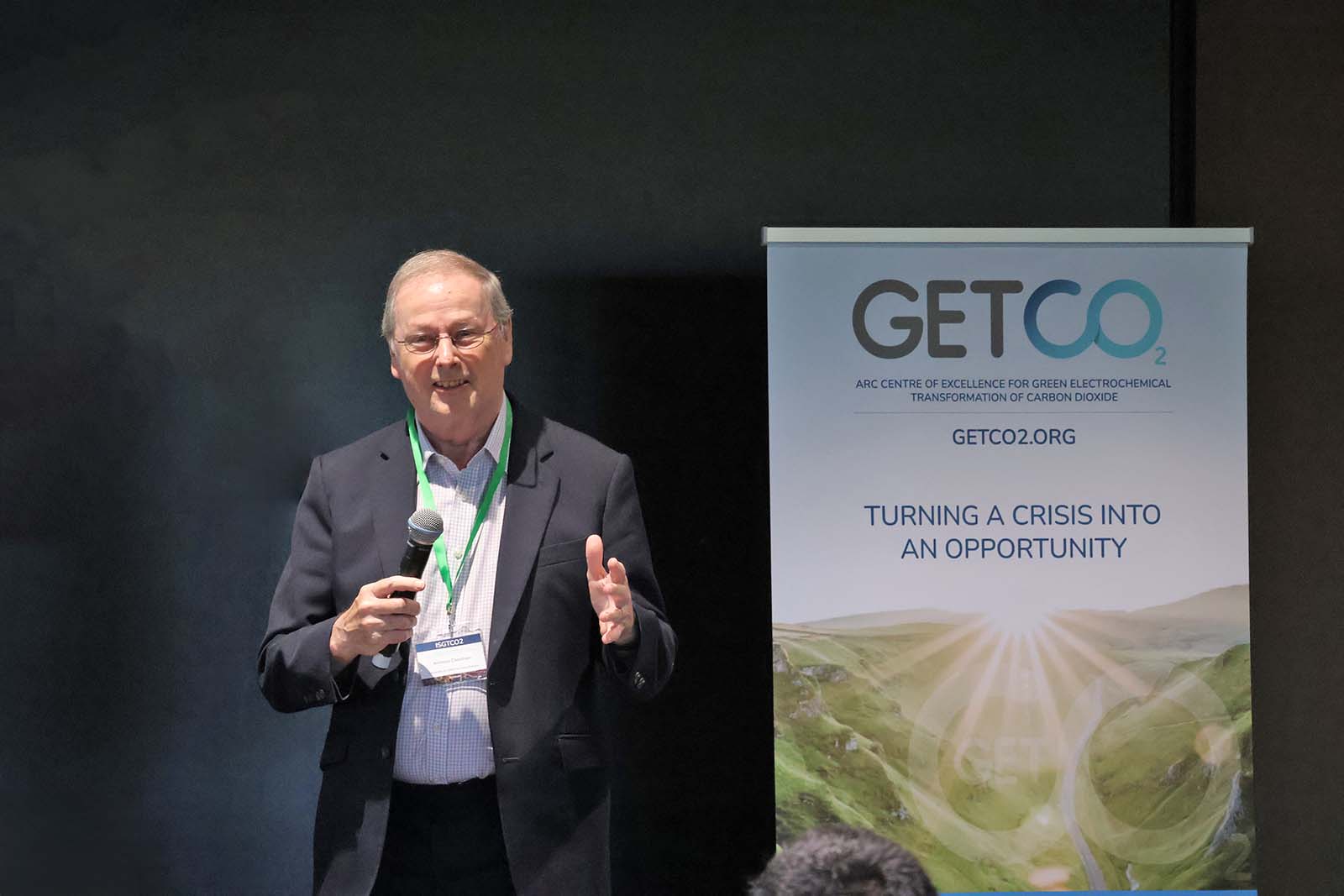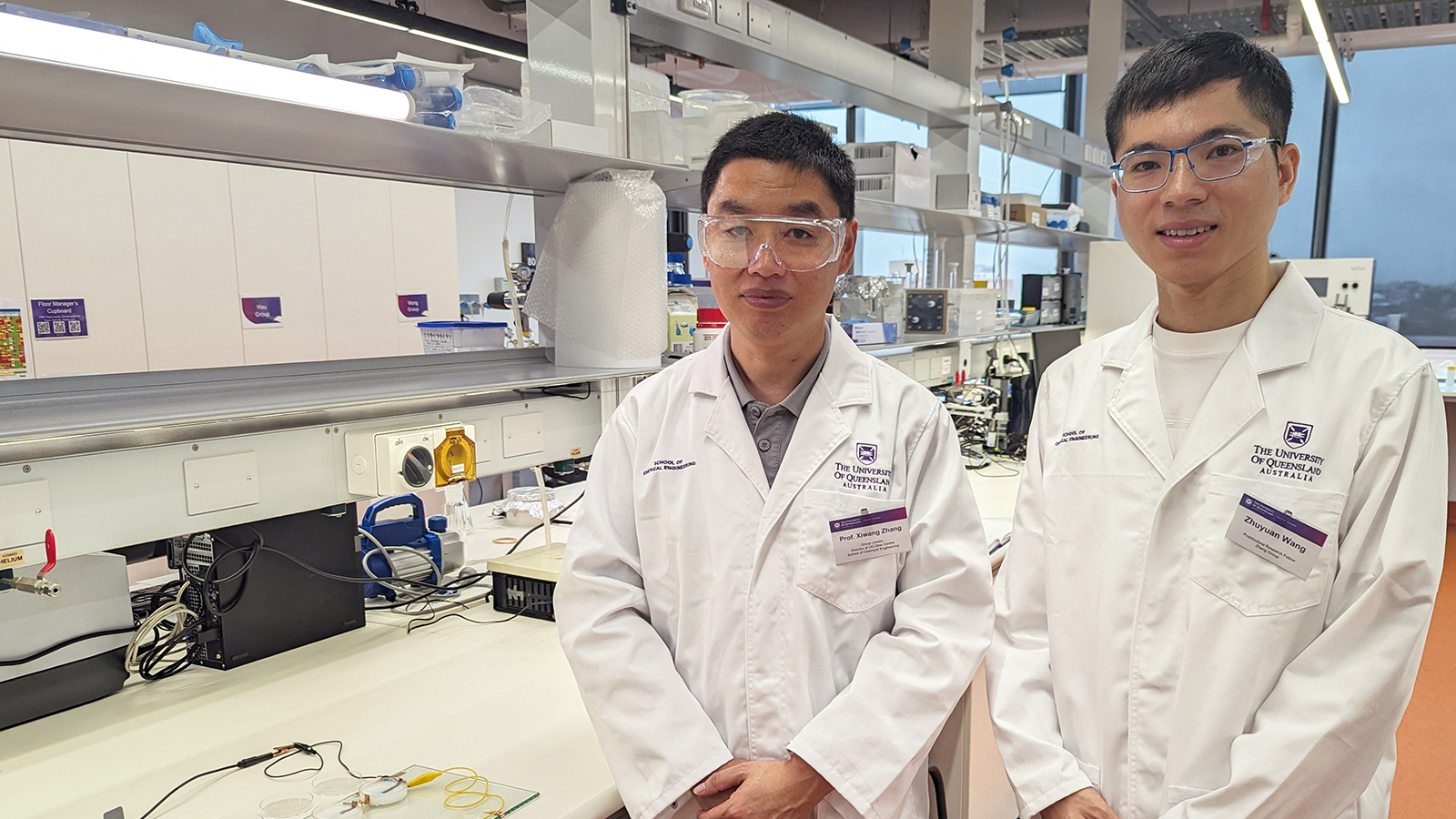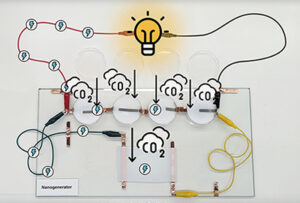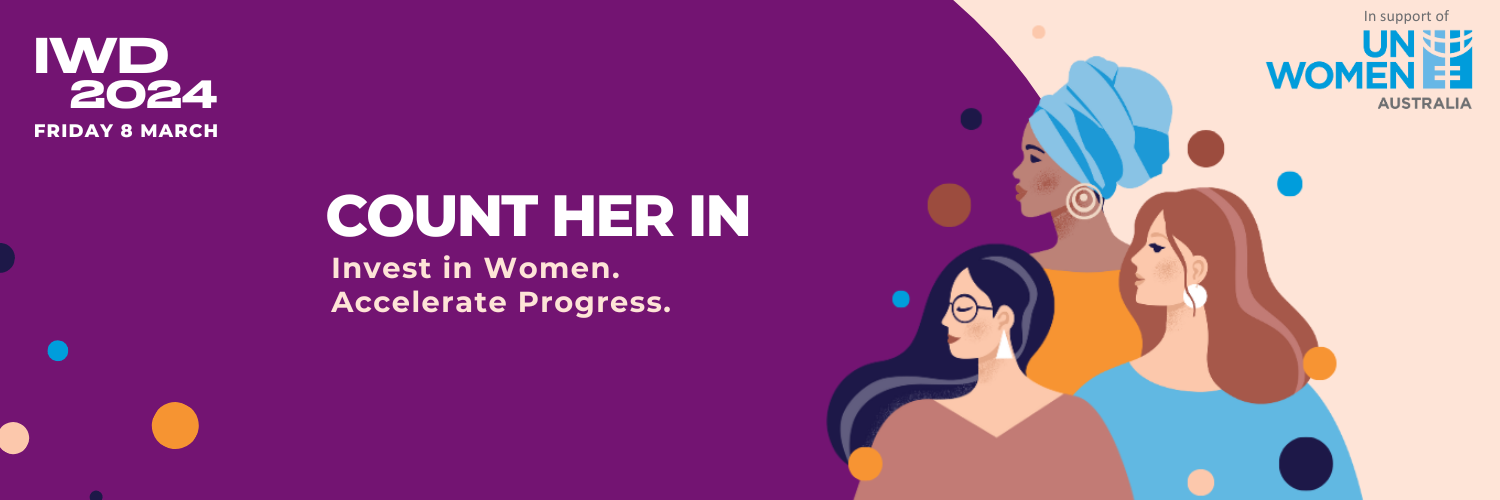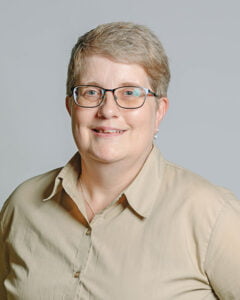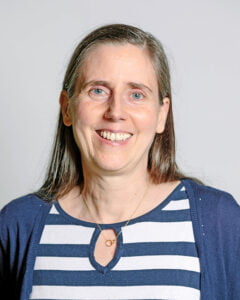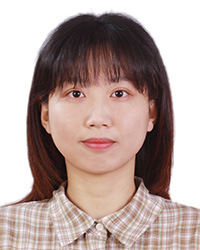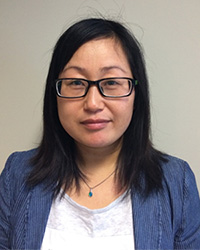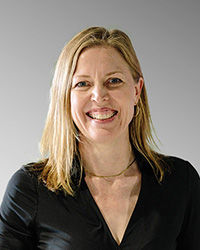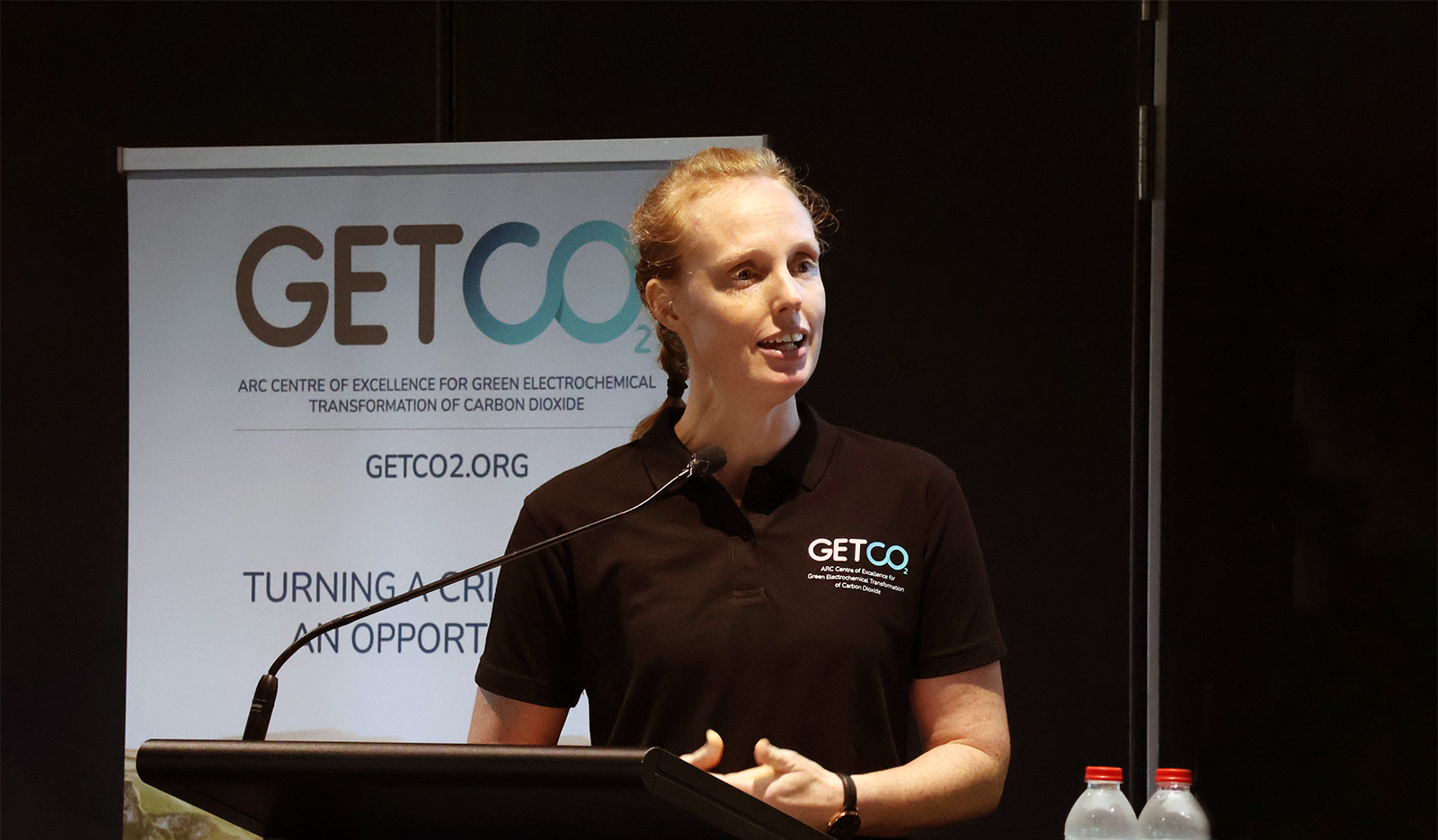The ARC Centre of Excellence for Green Electrochemical Transformation of Carbon Dioxide (GETCO2) has been officially launched at The University of Queensland, marking a significant milestone in the global effort to combat climate change.
The launch event featured distinguished speakers, including the Honourable Senator Anthony Chisholm, Assistant Minister for Education, Regional Development, Agriculture, Fisheries, and Forestry; Dr Richard Johnson, Acting Chief Executive Officer of the Australian Research Council (ARC), Professor Karen Hussey, Chair of the Emissions Reduction Assurance Committee (ERAC), and Professor Aidan Byrne, Provost of The University of Queensland.
Centre Director Professor Xiwang Zhang highlighted the transformative potential of electrochemical conversion, stating, “With electrochemical conversion, CO2 is transformed from being the biggest problem of our time to a valuable resource. The ground-breaking science being done at GETCO2 will point to a smart and clean path to net zero emissions by 2050, with Australia leading the way.”
Senator Chisholm emphasized GETCO2’s role in fast-tracking the path to net zero while supporting Australia’s green manufacturing revolution.
“It is centres like GETCO2 that will provide the knowledge, creation of new products, and commercial opportunities necessary for Australia’s future. As the world embarks on the biggest change to how we source, manage, and consume energy since the industrial revolution, GETCO2 will help facilitate a green manufacturing and export revolution while assisting with Australia’s national and international net zero obligations. And with an increase in extreme weather events such as droughts, bushfires, and floods, achieving net zero by 2050 is critical to limiting the dangerous impacts of climate change,” the Senator said.
After the Senator declared GETCO2 officially launched, the Centre invited guests on a tour of the new laboratories in the award-winning Andrew N. Liveris Building, home to UQ’s School of Chemical Engineering.
